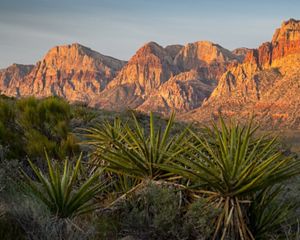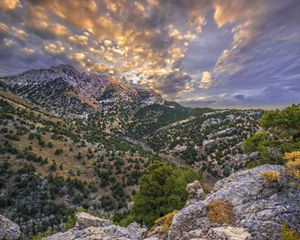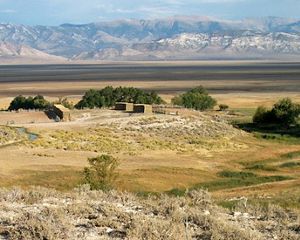Groundwater Rights Retirement
The Nature Conservancy and partners work to address Nevada’s overused groundwater supplies.
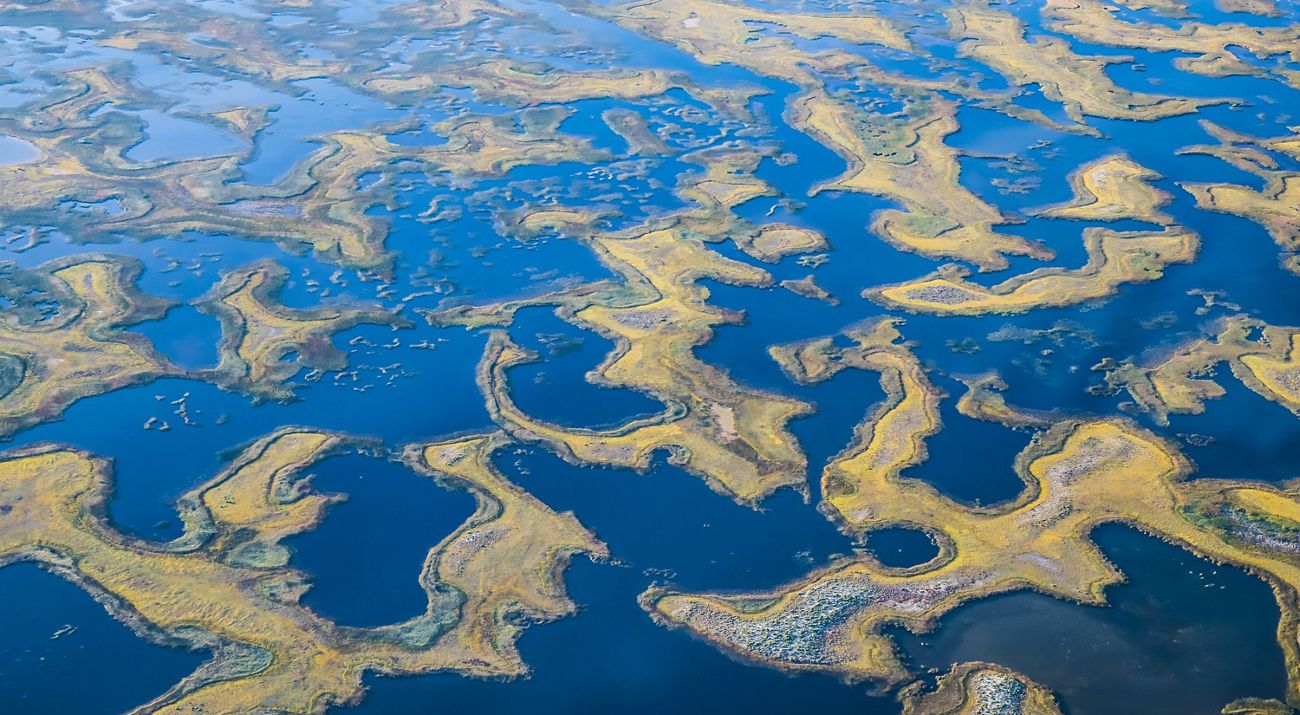
During the 2025 legislative season, Nevada passed two critical water bills, Assembly Bill 104 (AB 104) and Senate Bill 36 (SB 36), to help protect and manage the state’s groundwater. These laws established the Nevada Voluntary Water Rights Retirement Program, which enables water rights holders, including farmers and ranchers, to voluntarily sell their rights to the state. Once purchased, these rights are permanently retired, meaning the water can no longer be pumped. This helps reduce overuse in areas where more water is being taken out of the ground than is naturally replenished.
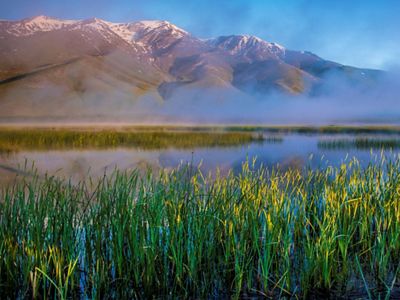
The program is especially important because groundwater levels are consistently declining in many parts of the state, indicating that more water is being used than is actually available. By retiring some of these rights, the state can help stabilize aquifers, protect ecosystems and save water for future generations. While the program is a major step forward, finding financial support will be crucial to its success.
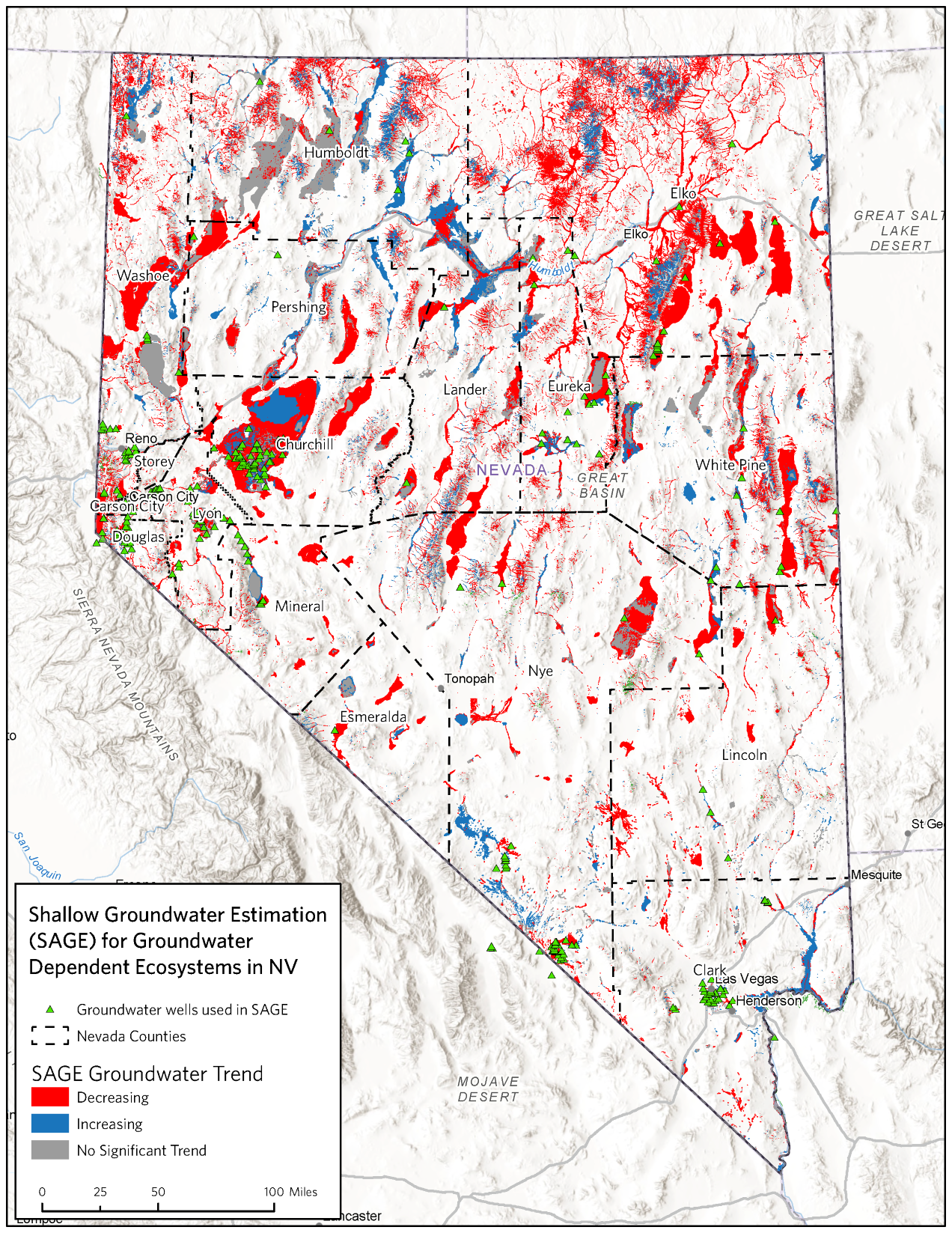
What the New Laws Do
In June 2025, Nevada Governor Joe Lombardo signed Senate Bill 36 (SB 36) and Assembly Bill 104 (AB 104) into law, creating the Nevada Voluntary Water Rights Retirement Program. These bills allow the state to permanently retire groundwater rights. The program is designed to protect Nevada’s natural resources and address declining groundwater levels that cause conflicts between water users, including domestic well owners. The legislation also created a dedicated Account for Retiring Water Rights within the Department of Conservation and Natural Resources. The bills received broad support from legislators, conservation groups and water users across the state.
What’s Next
Now that the legal framework is in place, the next steps are all about action:
- Identify priority areas where groundwater rights retirement is most needed, especially in overdrawn basins or near sensitive ecosystems.
- Find willing water rights holders who are interested in voluntarily retiring their rights.
- Secure funding through grants, donations or partnerships to support the purchase and retirement of water rights.
This is a collaborative effort that will need support from communities, agencies and funders. But with the right tools and partnerships, Nevada can make meaningful progress toward a more sustainable future.
Download
-
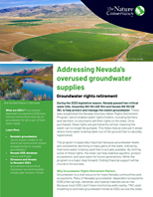 Groundwater Rights Retirement
Groundwater Rights RetirementFind all of this information in TNC's 2-pager on addressing Nevada's overused groundwater supplies.
Download
Groundwater Resource Hub
Dive deeper into TNC's groundwater conservation strategies in Nevada and beyond.
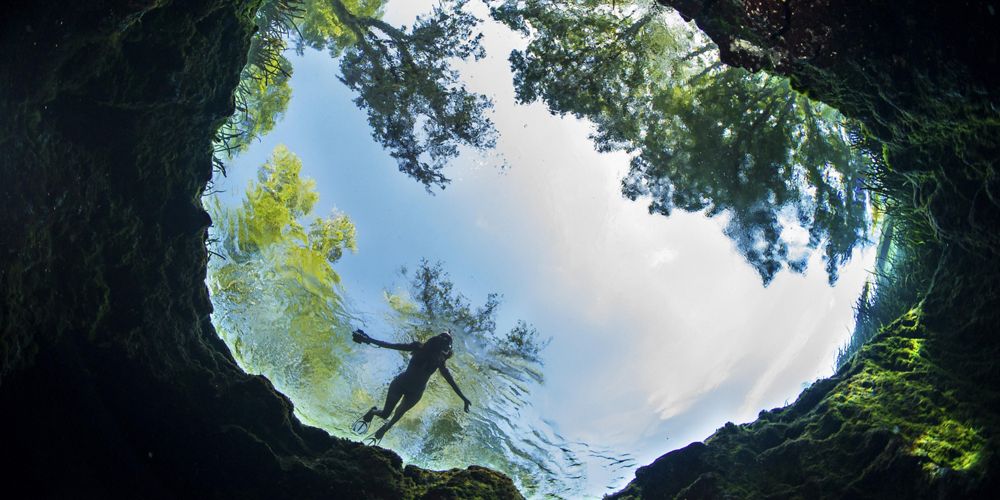
Stay connected!
Sign up for monthly emails to discover conservation updates and ways to get involved around you.
